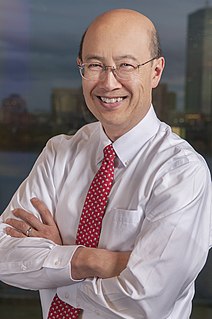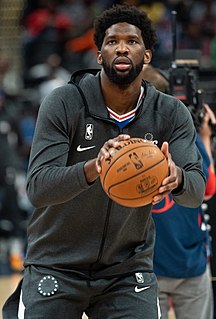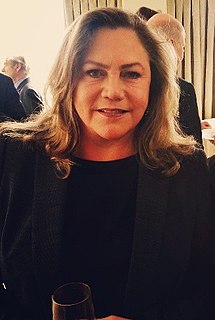A Quote by Richard Thaler
In the 1940s, economics started getting highly mathematical. It was basically because economists weren't smart enough to write down models of real behavior that they started writing down models of highly rational behavior - and they kind of forgot about humans.
Related Quotes
The possibility that stock value in aggregate can become irrationally high is contrary to the hard-form "efficient market" theory that many of you once learned as gospel from your mistaken professors of yore. Your mistaken professors were too much influenced by "rational man" models of human behavior from economics and too little by "foolish man" models from psychology and real-world experience.
When you look at any experimental work not directly related to economics, but trying to test rational behavior in other ways, experiments have conspicuously failed to show rational behavior. Macro evidence certainly suggests deviations from rationality, but I don't want to say the rationality hypothesis is completely wrong. If you have any introspective idea or experimental idea about people's behavior, it seems to be incompatible with the really full scale rational expectations.
I started writing when I was around 6. I say 'writing,' but it was really just making up stuff! I started writing and doing my own thing. I didn't really know what a demo was or anything like that, so I started getting interested in studio gear and started learning about one instrument at a time. My first instrument was an accordion.



































